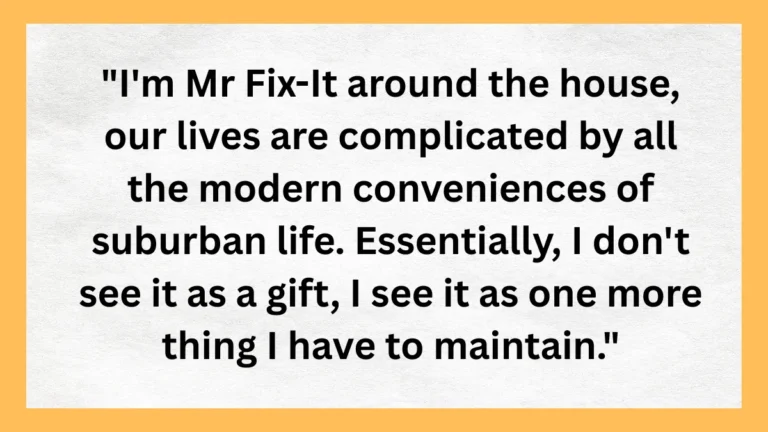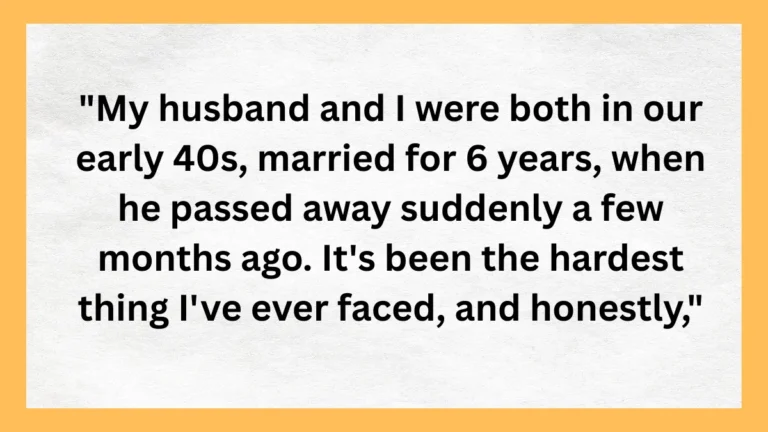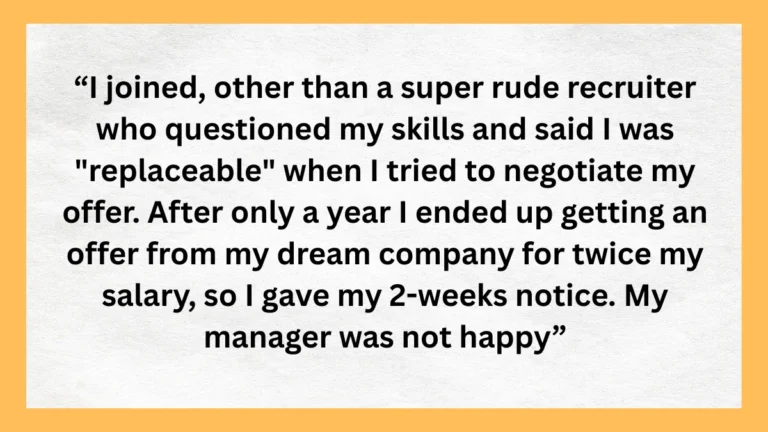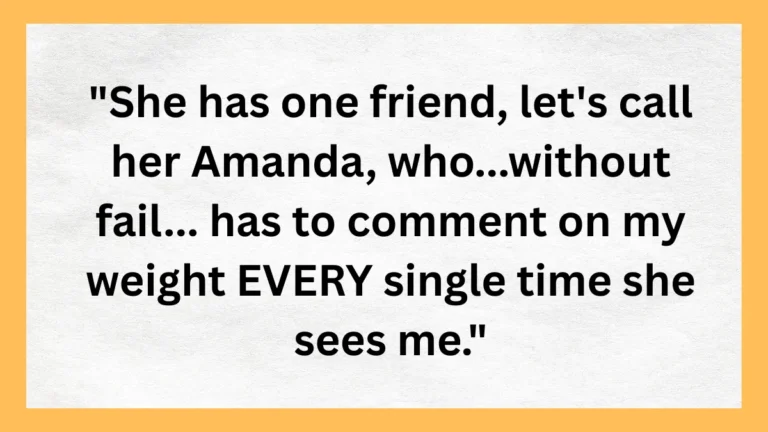Woman Refuses to Fund Boyfriend’s Plan to “Invent a New Color,” Sparks Heated Debate
A 24-year-old woman has found herself in a bizarre standoff with her 29-year-old boyfriend after she declined his plea for financial backing on his so-called “groundbreaking” mission—to invent a new color. Despite her calm attempt to explain that the human-visible light spectrum sets definitive boundaries on what colors can be perceived, he dismissed her reasoning, branding her as “closed-minded.”
His grand scheme? A $4,000 venture budgeted for everything from paint supplies and a personalized lab coat to a soul-searching escapade into the desert. She’s beginning to question whether he’s chasing innovation—or simply untethered from reality.
When she refused to invest $500 of her personal savings into his color crusade, he accused her of being unsupportive and claimed she was “afraid of innovation.” His circle of friends chimed in, labeling her a barrier to his creative genius. But the situation took a darker turn when he brazenly declared he didn’t need her consent to use her card details to fund the idea. Now, she’s left grappling with a painful dilemma—does declining to bankroll his dream make her unsupportive, or is she the only one still anchored in logic?
Many individuals turn to their romantic partner as their primary source of support, no matter the circumstance.

But this woman simply can’t rally behind the so-called “revolutionary” idea that’s completely taken over her boyfriend’s mind.
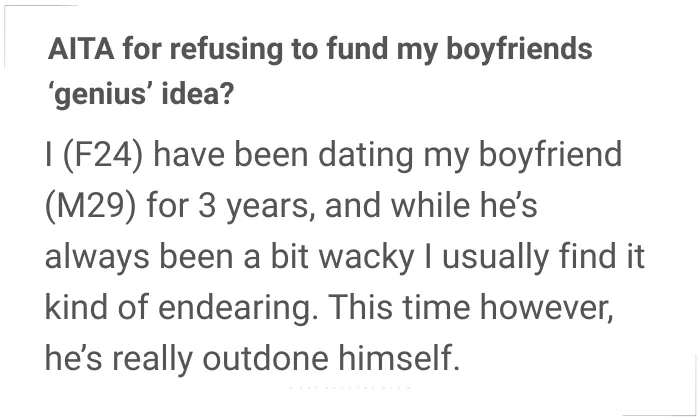
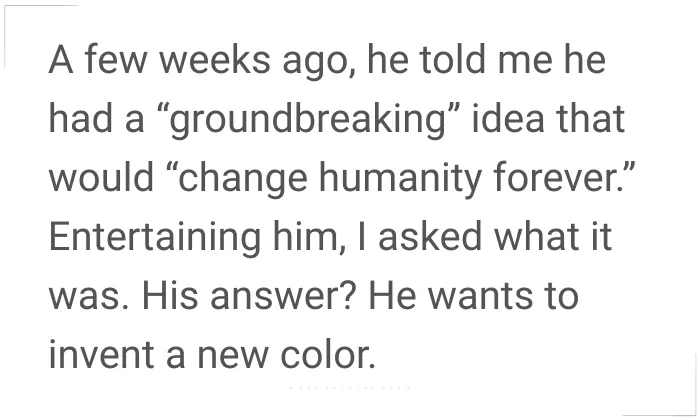

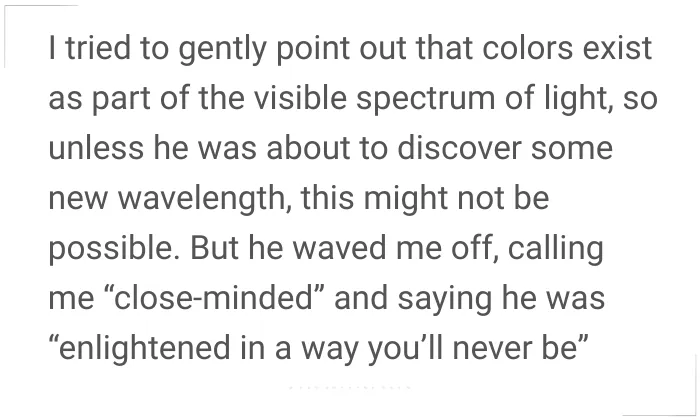
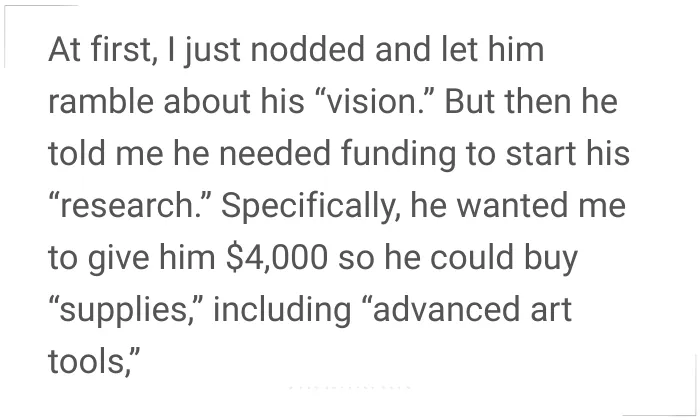

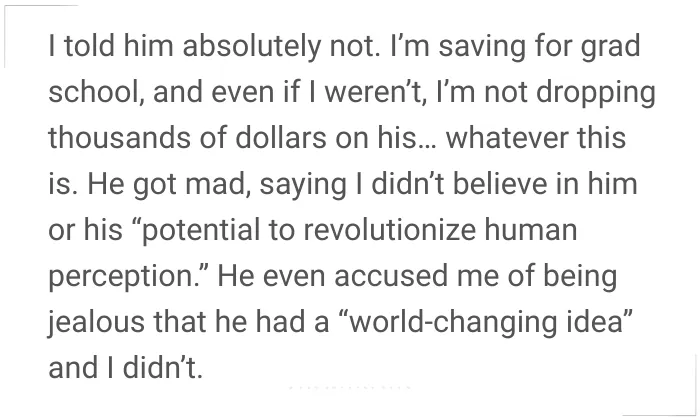
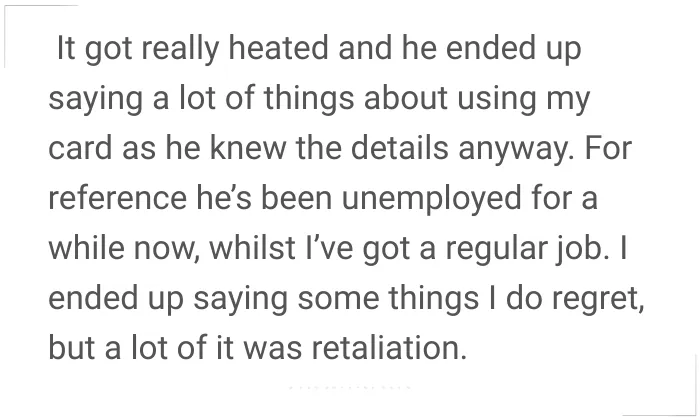
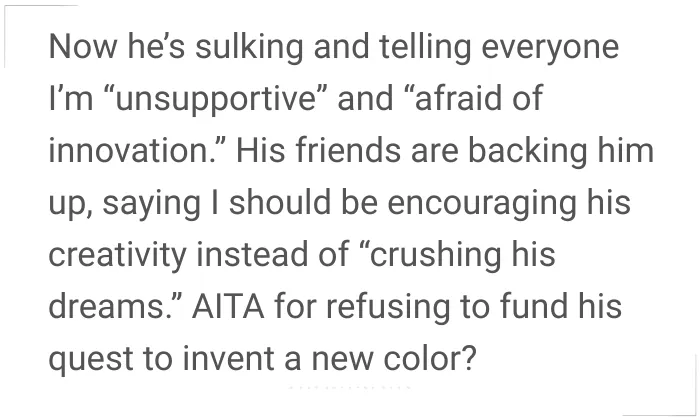

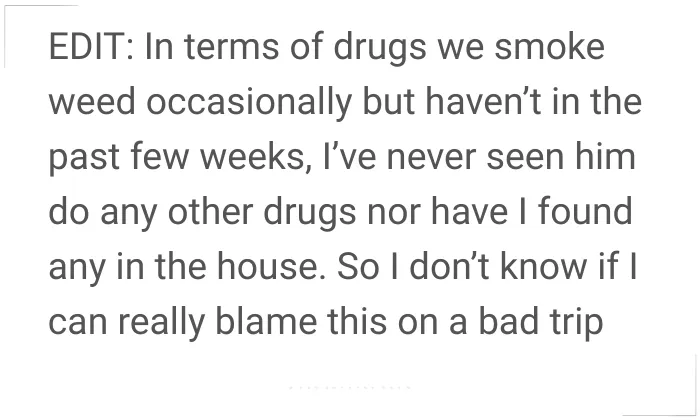
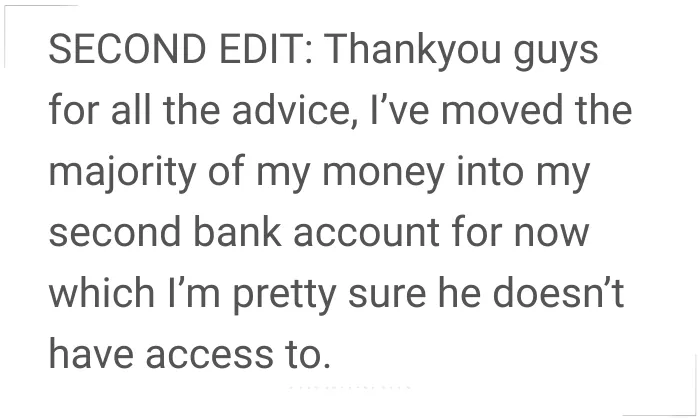
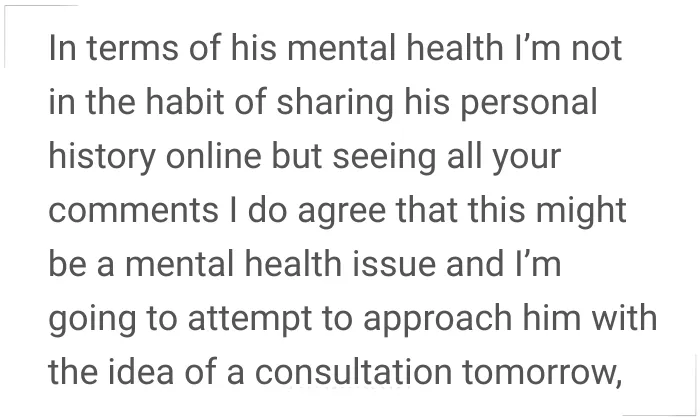
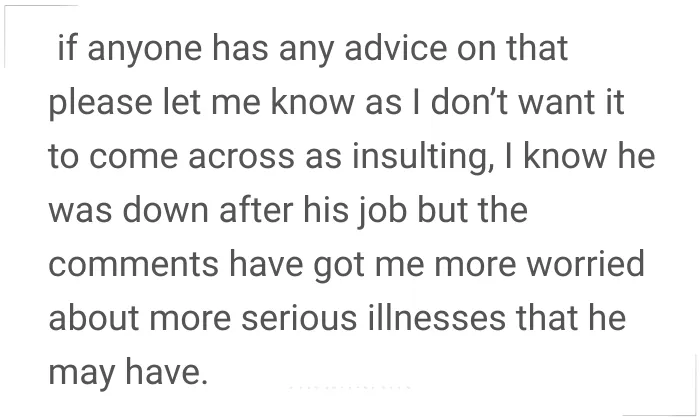
Navigating Financial Boundaries and Mental Health Red Flags
Two critical dynamics emerge in this scenario—financial boundaries within relationships and early indicators of potential mental health concerns. Supporting a partner’s vision is noble, but not when it jeopardizes your own financial security or emotional well-being. The situation is nuanced, layered in complexity.
Establishing Financial Boundaries in Intimate Partnerships
Money often becomes a fault line in relationships, especially when one party begins to blur the lines between support and exploitation. It’s one thing to back a partner’s dreams; it’s another to bankroll unfounded ventures with zero clarity or credibility. In this case, the boyfriend expected his partner to cough up $4,000 for a vague, pseudoscientific mission an ask that reeks of entitlement and delusion.
When partners’ financial goals diverge say, one is diligently saving for graduate school while the other drifts toward dubious pursuits it becomes imperative to draw distinct lines. Financial therapists consulted by Forbes emphasize the need for transparency and mutual respect in financial dealings.
Her refusal to fund his ill-conceived project is not just rational it’s essential. Worse still, his casual suggestion to use her credit card without permission isn’t just a breach of trust; it’s an unmistakable red flag. The National Domestic Violence Hotline defines unauthorized access to a partner’s finances as a form of financial abuse. Moving her money to a protected account isn’t paranoid it’s self-preservation, a firm reclaiming of autonomy.
Spotting Indicators of Mental Health Distress
Some behaviors scream louder than others. A man claiming to “revolutionize human perception,” dismissing reason, and reacting with hostility to gentle opposition may not just be eccentric he might be spiraling. These could be markers of deeper psychological unrest. Mental health professionals frequently point out that bursts of inflated self-worth, erratic energy, and outlandish ambition may align with manic episodes or other affective disorders.
According to the National Alliance on Mental Illness (NAMI), such symptoms, especially when triggered by the stress of unemployment or feelings of inadequacy, can signal the need for professional assessment. Her instinct to approach him with compassion about seeking help is not only thoughtful it’s deeply perceptive. Starting that dialogue, however, requires finesse. Professionals advise avoiding condescension and adopting a tone of care. Saying something like, “I’ve noticed you seem overwhelmed lately, and I’m genuinely concerned about you,” can open the door without confrontation.
Balancing Support and Enabling
There’s honor in backing a loved one’s creative fire. But there’s also a razor-thin line between championing someone’s aspirations and fueling destructive habits. Genuine encouragement involves moral support, grounded advice, and critical insight. Enabling, on the other hand, often means turning a blind eye to warning signs and facilitating self-sabotage.
Had she acquiesced to his scheme, she wouldn’t just be parting with money she’d be endorsing instability. By stepping back, she protected herself from financial peril and possibly stopped a harmful pattern before it escalated. Sometimes, the kindest act isn’t stepping in it’s stepping away.



